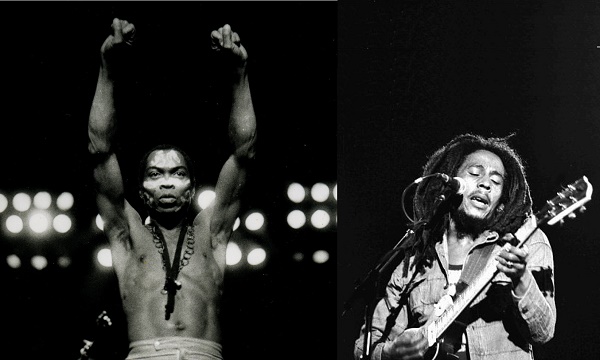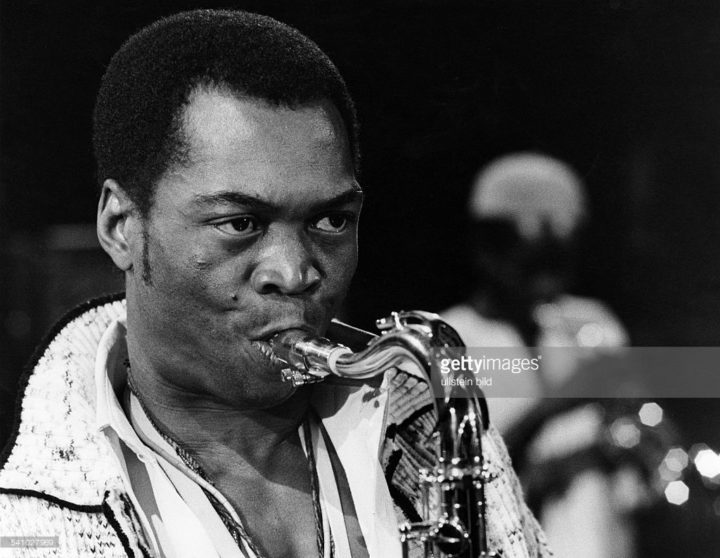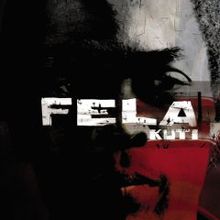
How Afrobeats Can Benefit from Reggae
Thanks to groundbreaking artists such as Bob Marley and The Wailers and Peter Tosh, reggae has transcended the Caribbean Islands and become a world renowned genre of music. The reggae of Marley’s era reflected those times, covering issues such as oppression, cultural pride, loving one another, and the criminalization of marijuana. As racial tensions have eased up throughout the years, artists following Bob Marley have made reggae tunes relative to lighter experiences. Artists such as Buju Banton, Bounty Killer, Wayne Wonder, Shaggy, Elephant Man, Beenie Man, and Mr. Vegas steered Marley’s reggae to the direction of the dancehall subgenre. The newer generation of dancehall artists such as Vybz Kartel, Sean Paul, Mavado, Popcaan, Gyptian, and Kranium have kept the tradition continuing. Dancehall music generally discusses love, appreciation for life, smoking marijuana, swagger, or even introduces new dances.

Similar to Bob Marley, a Nigerian revolutionary by the name of Fela Kuti pioneered the afrobeat genre of music, which allowed for a platform to voice political issues. After Fela Kuti’s era, afrobeat softened its content to a far less politically-driven, more radio-friendly sound, popularly categorized and called afrobeats. However, afrobeats has yet to receive the same worldwide reception as dancehall. It could be a matter of how the afrobeats sound has been marketed or perhaps people are not familiar with the genre and mistake it for dancehall. For example, afrobeats act, Wizkid, featured rapper, Tyga, on his “Show You the Money” remix. Tygarapped in a Caribbean cadence using dancehall terminology like “big shotta” and “Benz punany.” Furthermore, at dancehall parties, several DJs add afrobeats songs into their reggae playlists and partygoers enjoy it all the same. Although the afrobeats sound is very distinct from reggae, it blends in with dancehall music to the untrained ear. Essentially, reggae and the patois language have infiltrated the globe and pop culture, yet afrobeats and West African pidgin have not received the same reception. Here are five ways afrobeats can benefit from the path that the reggae genre has paved.
Afrobeats Has a Similar Vibe to Reggae:
Although afrobeats has been around for some time, it is perceived by some as a new genre. It can be confused with dancehall reggae, thus blurring lines between the two genres. This has worked in the favor of afrobeats music. For example, several Africans participate in Caribana and other Caribbean parades, adorned in their respective country’s flags while dancing to afrobeats. Reggae and afrobeats are almost interchangeable because they share the same themes; dance, love, drinking, and partying. Because of these similarities, reggae fans will likely accept afrobeats.
Several Afrobeats Artists Embrace the Reggae Sound:
Popular afropop artists have demonstrated their love and respect for dancehall music evidenced by their songs. For instance, Burna Boy, Patoranking, Terry G, Timaya, Cynthia Morgan, Seyi Shay, Shatta Wale, and Stonebwoy are just some artists that offer a reggae flavor from their choice of lyrics down to the song production. It would be quite difficult to distinguish these afropop artists from dancehall artists if prior knowledge of their backgrounds was unknown.
Afrobeats Artists Have Great Chemistry with Reggae Artists:
The reggae world has shown afrobeats artists much love by collaborating on music. Ice Prince and Gyptian’s early collaboration, Magician, is a strong love ballad that connects Nigeria and Jamaica. Patoranking and Krishane sang about the woes of unappreciative partners in “Inconsiderate. Other artists to create powerful afropop/dancehall collaborations are Timaya and Sean Paul, Fuse ODG and Sean Paul, Stonebwoy and Kranium, and Runtown and Walshy Fire.
Reggae Set a Blueprint that Afrobeats Can Follow:
Reggae music has very important characteristics that help perpetuate its popularity. Dancehall artists have created successful hits from collaborations with hip hop and pop artists, i.e. Sean Paul and Keyshia Cole, Beenie Man and Mya, The Game and Junior Reid, and Shyne and Barrington Levy, to name a few. Dancehall is also renowned for creating trendy dances such as the Willie Bounce, Thunderclap, Nuh Linga, Syvah, and the acrobatic Passa Passa. These dances help to bring its corresponding songs to life. The beats to dancehall songs, or riddims, are released for any artist to sing on. This free-for-all notion has proved to be beneficial in the world of afrobeats, hence Olamide and Shizzi’s “Who You Epp?” track, which involved several artists on the same beat.
Afrobeats Festivals Should Invite Internation Acts:
Reggae festivals feature a majority of reggae acts, but are not exclusive to just them. Jamaica’s huge Sumfest brought out Nicki Minaj to perform and the Marley family’s 9 Mile Festival invited rapper, Nas. Imagine if the MAMAs, Headies, and NEAs showcased not only African acts, but artists from all over the globe. That would help expand the afrobeats brand as well as extend an invitation to afrobeats acts to collaborate with artists from other genres of music.
credit – Bolaji Oyegunle – NotJustOk.com






